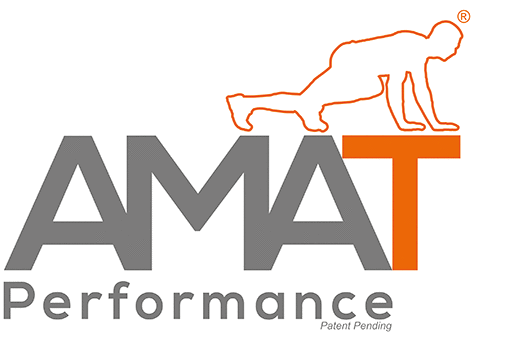
During puberty a rapid increase in limb length will occur as a result of the adolescent growth spurt. The muscles grow slower compared to the extremities, the person will need to get accustomed to their new body. The temporary decline in performance or a disruption of motor coordination is called the period of “adolescent awkwardness” (Philippaerts et al., 2006). As a result of the accelerated growth there is a need for more attention towards nutritional and physical interventions to adjust to the new demands of the body. With the extremities growing faster mobility and coordination challenges are common to occur (Malina et al., 2004).
The decline of mobility and coordination could also transfer down to fundamental skills. Fundamental movement skills, which were comfortable before might now seem difficult. Ryan and colleagues (2018) demonstrated that young soccer players during growth spurts performed worse during functional movements compared to players who had already gone through their growth spurt. As an example a person prior to the onset of puberty might have performed a full range squat with ease. Now with restrictions to joint areas relevant to squatting performance (e.g., ankle, hip) due to the changes in the body, the individual may now struggle to perform the squat to full depth as previously.
Besides challenges with mobility and coordination the adolescents during their growth spurt might also be prone to more injuries. The growth plates at the end of the long bones are not yet fully ossified and need to be protected for normal growth. Careful physical load monitoring, the development of mobility, coordination and fundamental movement skills would help in guiding a young athlete through the “adolescent awkwardness” period safely.
The youth physical development model states that fundamental movement skill development should be part of physical development programmes at all ages during childhood and adolescence (Lloyd and Oliver 2012). Developing fundamental movement skills could help against adolescent awkwardness. Our AMAT Performance system provides individualised, maturation-specific, fundamental movement skill programmes for each young athlete to address any maturity related challenges in movement skills and to attempt to protect from injury.
